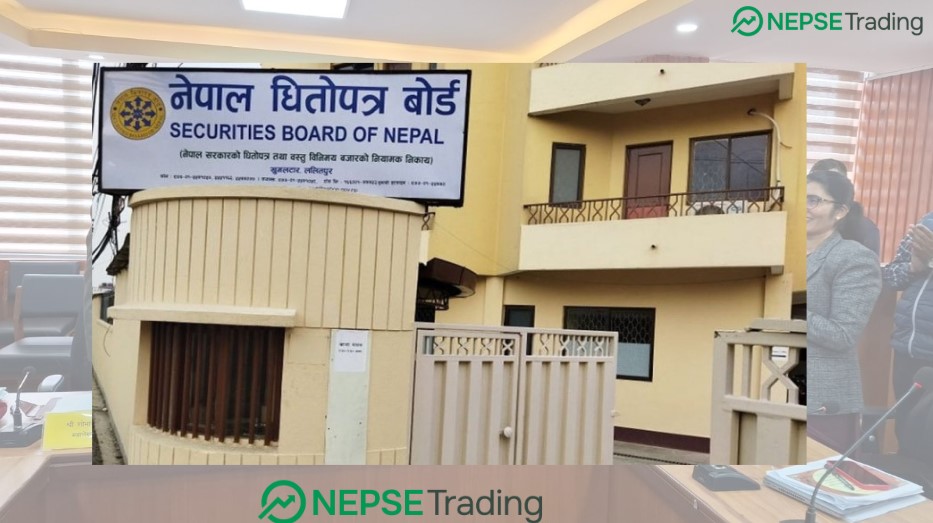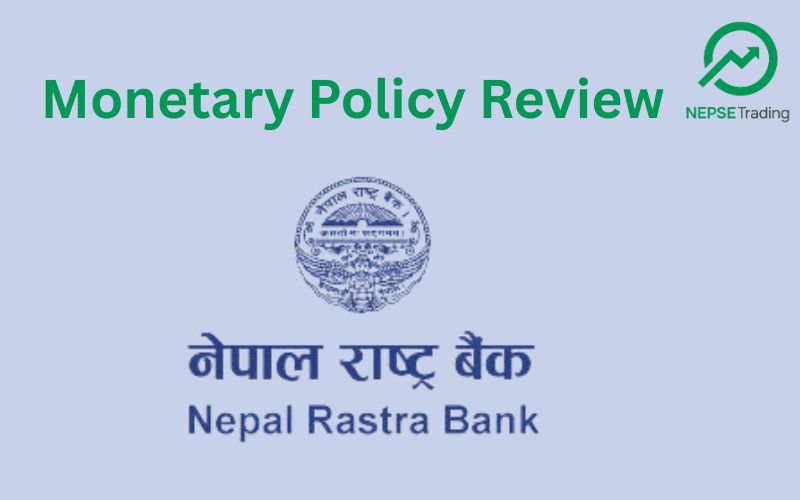By Dipesh Ghimire
Securities Board of Nepal Fails to Implement Capital Market Reform Roadmap Despite Set Deadlines

The Securities Board of Nepal (SEBON) has once again come under fire for its failure to implement the reform recommendations proposed by the Capital Market Reform Task Force. Despite preparing a detailed action plan with specific deadlines, SEBON has reportedly delayed or ignored most of the assigned tasks — frustrating investors and raising questions about its regulatory credibility.
The controversy stems from SEBON’s inaction even after promising reform implementation in response to investor protests earlier this month.
The Capital Market Reform Task Force was formed under a Finance Minister–level decision after widespread criticism of Nepal’s capital market inefficiency, policy ambiguity, and weak investor protection. The task force submitted its comprehensive report on Ashoj 9 (September 25, 2025), recommending reforms in three phases — short-term, medium-term, and long-term — with clear timelines for implementation.
Immediately after receiving the report, the Ministry of Finance directed concerned agencies — including SEBON, NEPSE, and CDSC — to execute the recommendations within the prescribed timeframes.
However, following intense investor demonstrations and the gherao of SEBON’s office, the regulator only released a reform “action plan” on Ashoj 26 (October 12, 2025), allegedly to pacify the protesters. Investors now claim that the document was merely a public relations maneuver, not a genuine commitment to reform.
According to investor representative Sushil Luniya, the plan was handed to investors “late at night around 10 p.m.” after the gherao, but no implementation has followed since. Investors accuse SEBON of “deceiving” them by publishing an action plan without genuine intention to execute it.
SEBON’s plan included nine short-term tasks under its jurisdiction, with specific completion deadlines — four to be done immediately and one by Kartik 15 (October 31, 2025). Yet, as of now, none of these have been completed or even initiated.
Dividend Tax Adjustment on Bonus Shares:
SEBON was supposed to instruct listed companies to manage and pay dividend tax on bonus shares directly — a move aimed at reducing confusion for investors. Despite committing to “immediate action,” no circular has been issued.Classification of Listed Companies by NEPSE:
SEBON was to direct NEPSE to objectively categorize listed companies based on financial strength, liquidity, and governance standards. Firms falling under the “Z Group” were to face stricter trading margin rules. Again, no progress has been made.Investor Grievance Mechanism:
SEBON had promised to establish a dedicated grievance management system to address investor complaints swiftly and organize financial literacy programs. The initiative remains only on paper.Dedicated Investigation Mechanism:
A special unit to handle securities-related offenses and investigations was to be created “immediately.” This too has not materialized.Multiple Beneficiary Accounts (BO IDs):
The board had announced it would instruct CDSC to allow investors to open two or more beneficiary accounts — with implementation planned by Kartik 15. This reform has not begun.
A few pending reforms have deadlines extending to Kartik end (mid-November) and Mangsir 15 (late November):
Implementation of Margin Trading through Brokers:
SEBON has formed a study committee, with execution expected by the end of Kartik.Standardization of Investor Identification (IGIN):
CDSC’s guidelines for uniform IGIN issuance are ready but awaiting SEBON approval.Benchmarking Rules for Settlement Delays:
SEBON pledged to set standardized benchmark rates for delayed settlements by Mangsir 15. Work is yet to commence.
This pattern of delay exposes regulatory complacency and weak accountability at SEBON. The institution’s inability (or unwillingness) to carry out time-bound reforms undermines both market confidence and government credibility.
The action plan, unveiled after public protests, now appears largely symbolic — designed to appease investors temporarily rather than to structurally reform the system. The lack of follow-through also signals potential coordination gaps between SEBON, NEPSE, CDSC, and the Ministry of Finance.
If deadlines continue to be missed, it may trigger renewed investor protests, deepen trust deficits, and further weaken Nepal’s capital market reputation among domestic and foreign participants.
While SEBON’s reform plan was expected to be a turning point for Nepal’s capital market transparency and governance, its non-implementation has instead reaffirmed the board’s slow and bureaucratic culture. Unless immediate corrective steps are taken before the next reporting deadline (Mangsir 15), the entire reform initiative risks losing both credibility and momentum.









